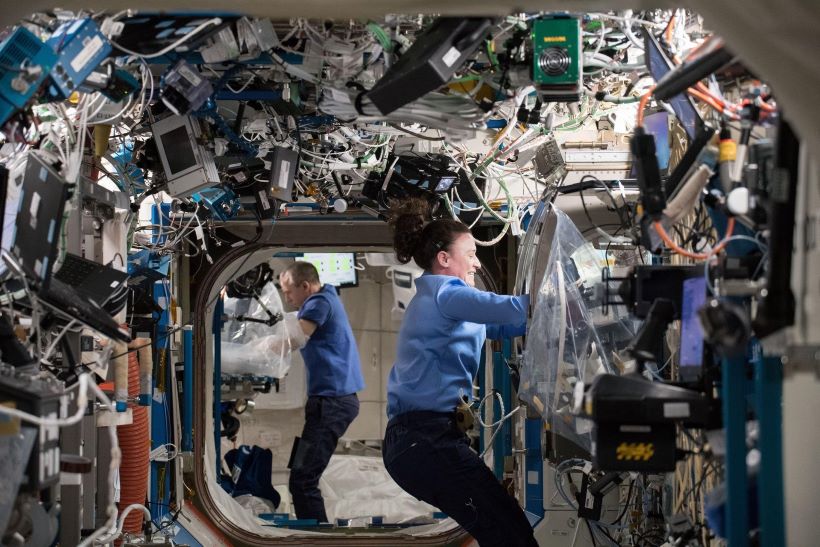ISS will serve as a cancer research lab before retirement
The International Space Station (ISS) has been assigned a new job before being shut down for good after 2030: it is currently serving, among others, as a unique platform for cancer research, leveraging microgravity to accelerate experiments aimed at unlocking the secrets of the disease.
The mission is in part a response to U.S. Congress’ plans to cut funding for the National Aeronautics and Space Administration (NASA) over budgetary constraints, but on the other hand it aligns with President Joe Biden's cancer moonshot initiative that seeks to halve the cancer death rate within 25 years.
More to read:
How NASA plans to perform “controlled retirement” of ISS
Therefore, NASA is actively exploring new and meaningful roles for the ISS to prevent potential funding cuts, emphasizing the importance to advance scientific understanding in the field of cancer before its planned retirement in 2030 due to aging components.

NASA astronauts conduct research for the AngieX Cancer Therapy study inside the Microgravity Science Glovebox on the ISS.
Credit: NASA
At 400 kilometers above the Earth surface, the ISS is indeed a unique lab for this purpose. Thanks to microgravity or lack of it, which is crucial for cancer research because it offers a unique environment that allows scientists to conduct experiments that would be challenging or impossible on Earth, cells age at an accelerated rate. This accelerated aging provides astronauts with an opportunity to study biological and physical processes and cellular behaviors more quickly than on Earth, thus speeding up the development of possible drugs.
For example, protein crystals remain suspended in low gravity and their molecules move more slowly, allowing them to form more perfectly than they would on Earth. Researchers can slow down the crystal growing process, which allows them to obtain bigger and more uniform crystals, with fewer defects.
More to read:
Cancer is getting younger: study reveals 79% rise in cases among people under 50
In the anti-cancer mission, NASA has partnered with the Veterans Affairs Department to screen veterans for lung cancer; issued a public notice for flight research on the ISS to address the goals of the Cancer Moonshot initiative involving private firms; launched a tissue engineering study as well as a collaboration for tissue chip technology in space.
As space exploration is getting commercialized rapidly, NASA expects more private actors to step in, but has no clue yet what will replace the ISS.
***
Would you buy us a coffee? Do it via PalPal: office[at]rudeana.com. Thank you.







